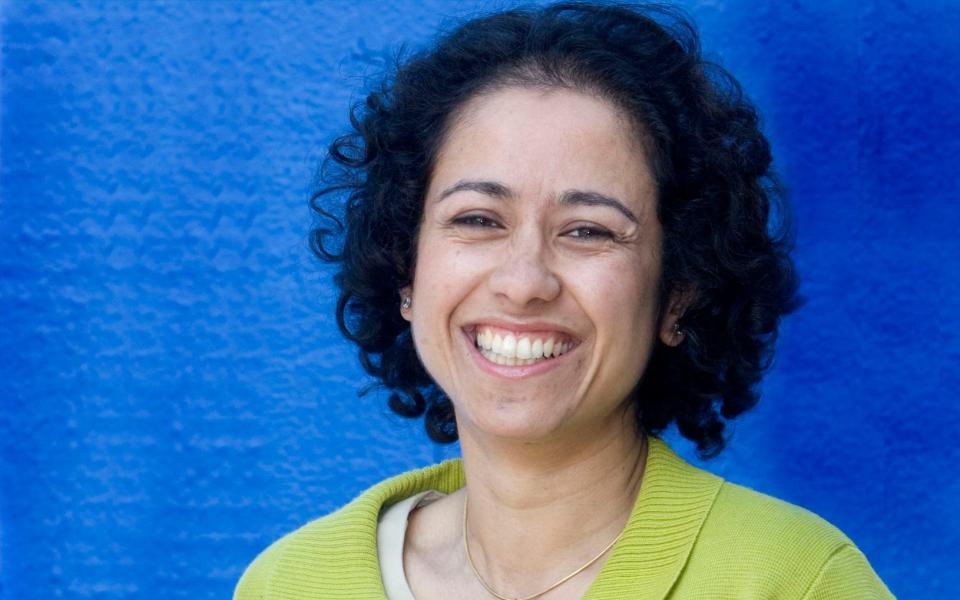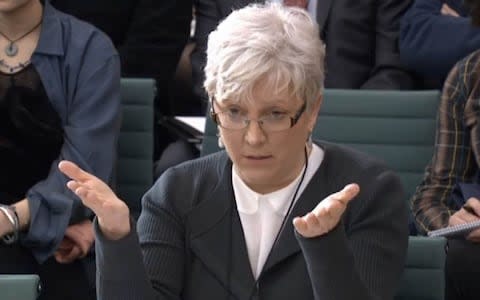Samira Ahmed takes BBC to court over equal pay

Samira Ahmed will next week become the first BBC presenter to take corporation to court over claims of unequal pay.
The veteran journalist and presenter of Radio 4’s Front Row programme will allege that she has been paid less than a male star doing a similar job in an employment tribunal due to begin on Monday.
The case is expected to be the first in a number of claims brought by female stars which could prove highly embarrassing for the corporation.
It is unclear which male star Ms Ahmed, who also presents Newswatch on the BBC News Channel, will be comparing her pay to.
The case is listed over the course of next week at a central London employment tribunal where Ms Ahmed will allege “failure to provide equal pay for equal value work” under the Equal Pay Act.
The case was lodged in 2018 but is only now due to be heard before judges, it is understood.
The BBC said that they would not be discussing the hearing whilst Ms Ahmed did not respond to a request for comment.
The row over equal pay erupted in 2017 after the broadcaster was ordered to publish a list of its highest paid stars and in the process revealed what was described as an “indefensible” gender pay gap.
In January 2018 Carrie Gracie resigned from her post as China Editor after finding out she was being paid less than equivalent male presenters.

She was later given a payout and an apology from her bosses, becoming one of a number of prominent women who are understood to have settled their disputes before they reach court.
In the wake of Ms Gracie’s resignation, Ms Ahmed took to social media to warn: “Equal pay for equal work of equal value is the law. If it's happening to #BBCWomen, it's happening to you. #istandwithcarrie."
Since then a group of 170 BBC women, including Ms Ahmed, have been fighting for equality and alleging that their bosses have been underpaying women employed all over the world for decades.
The row over the gender pay gap has also resulted in six high profile male presenters agreeing to take a pay cut.
Despite the high profile criticism of the corporation, Ms Ahmed’s case will be the first to be heard in open court. It is believed that it could set a precedent as the first of many.
Ms Ahmed, 51, started her career at the BBC in the 1990s and worked on shows including Newsnight before moving to the US and later taking a presenter job on Channel 4 News.
According to her LinkedIn page the journalist has been back at the BBC working as a freelance presenter since 2011.
The BBC is currently being investigated by the Equality and Human Rights Commission (ECHR) over suspected historic pay discrimination against women.
The six-month time limit for making an equal pay claim against an employer only begins once a person has left their employment, guidance from the ECHR states.
Last month the corporation paid £130,000 to settle an equal pay dispute before it reached court.
Caroline Barlow, who resigned from her role as head of product in the corporation's design and engineering division in February after six years at the broadcaster, had discovered that 15 male colleagues were paid more than her.
This is not the first time that the BBC is facing a high-profile tribunal. In 2010 Miriam O’Reilly forced a number of senior executives to appear at the same central London tribunal centre to explain their decision to fire her from Countryfile.
She later won her claim for age discrimination but her sex discrimination allegations were dismissed by judges.

 Yahoo News
Yahoo News 